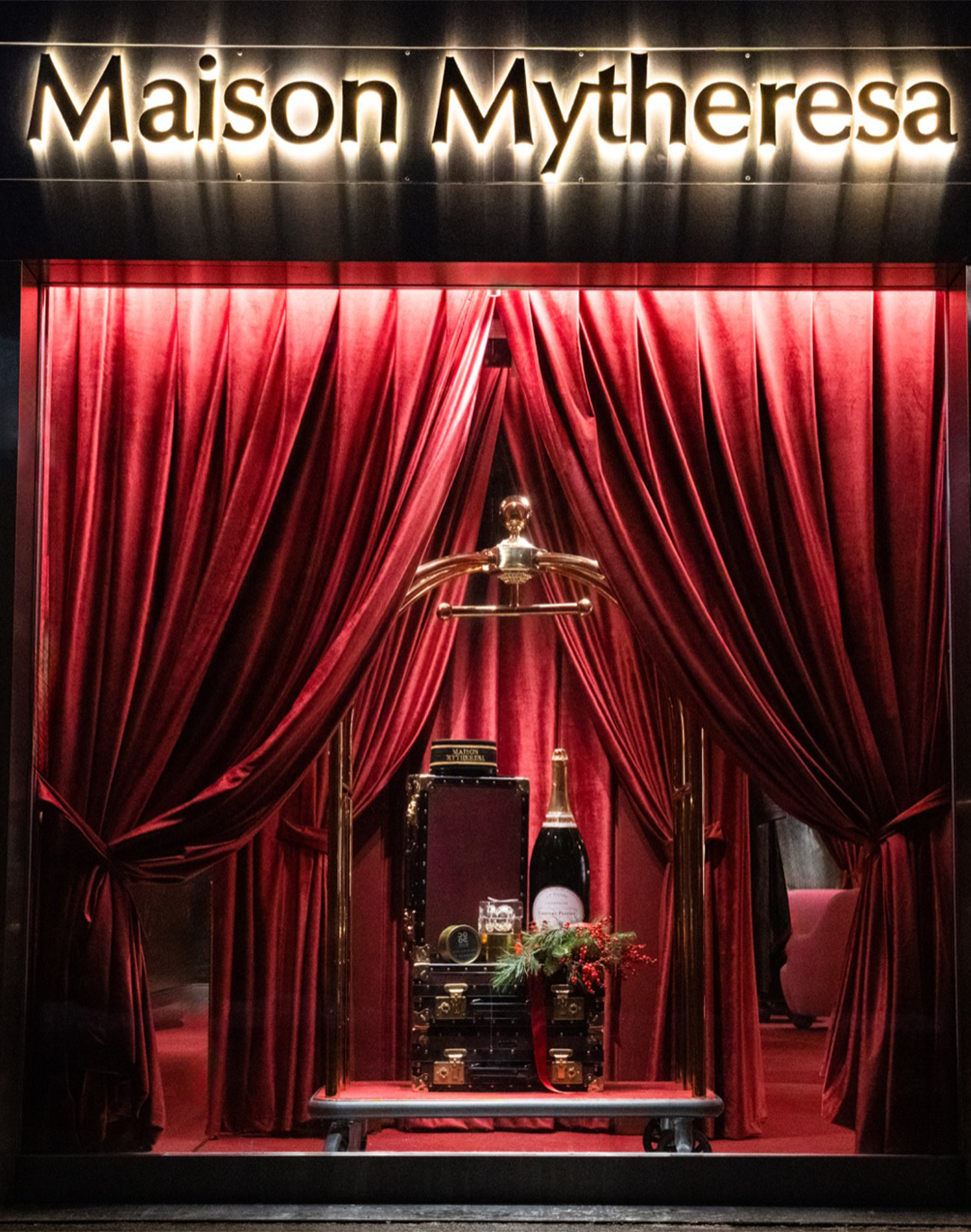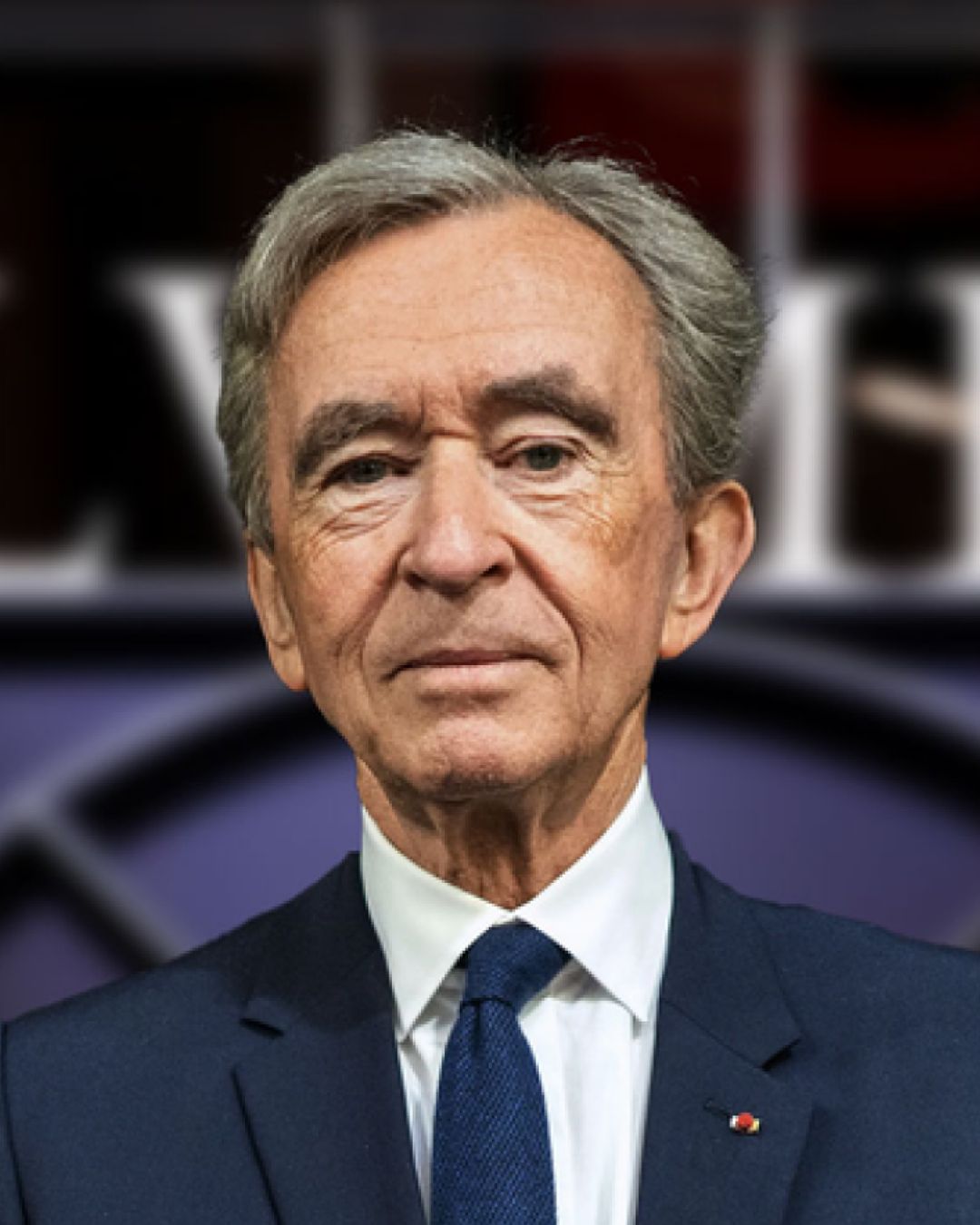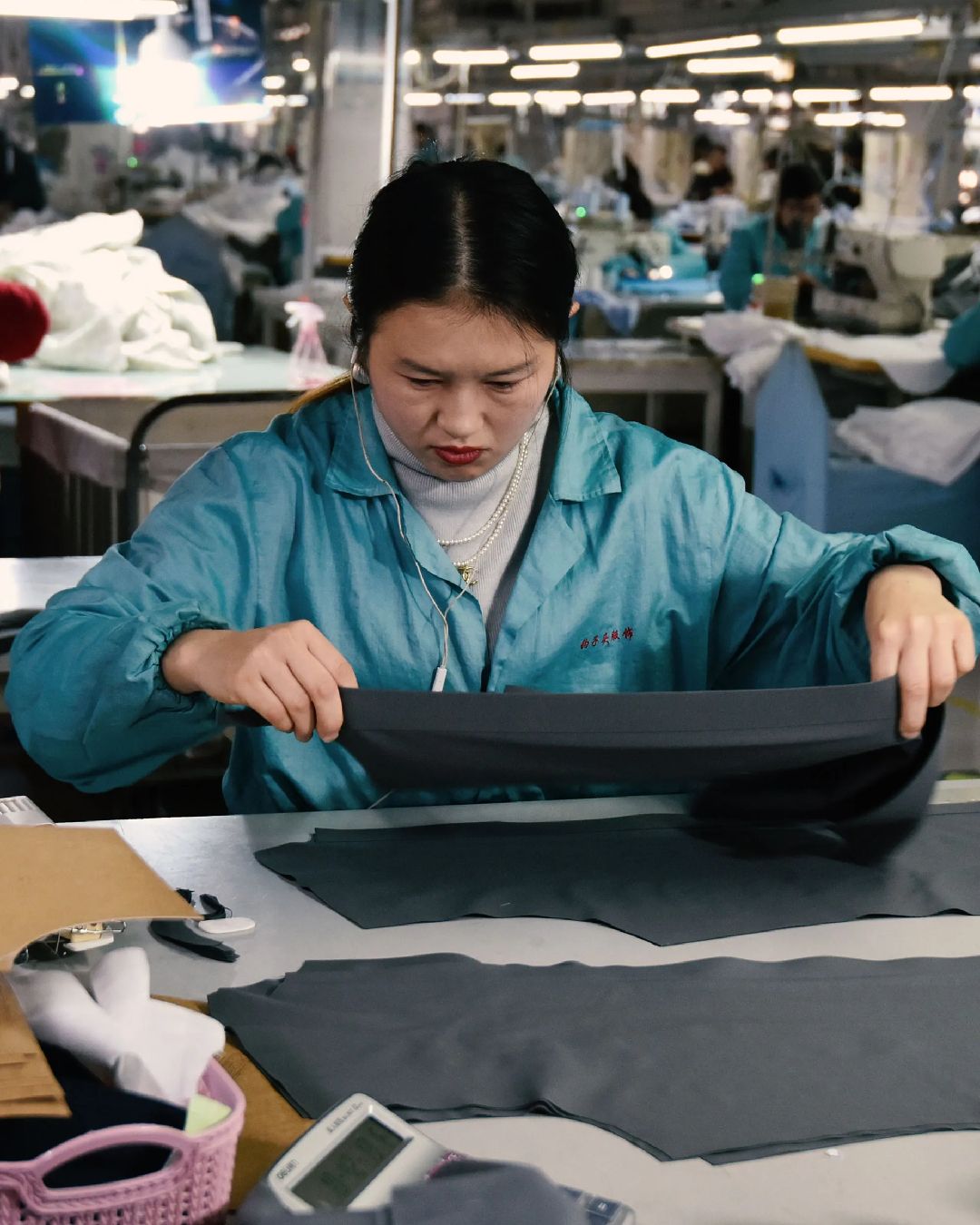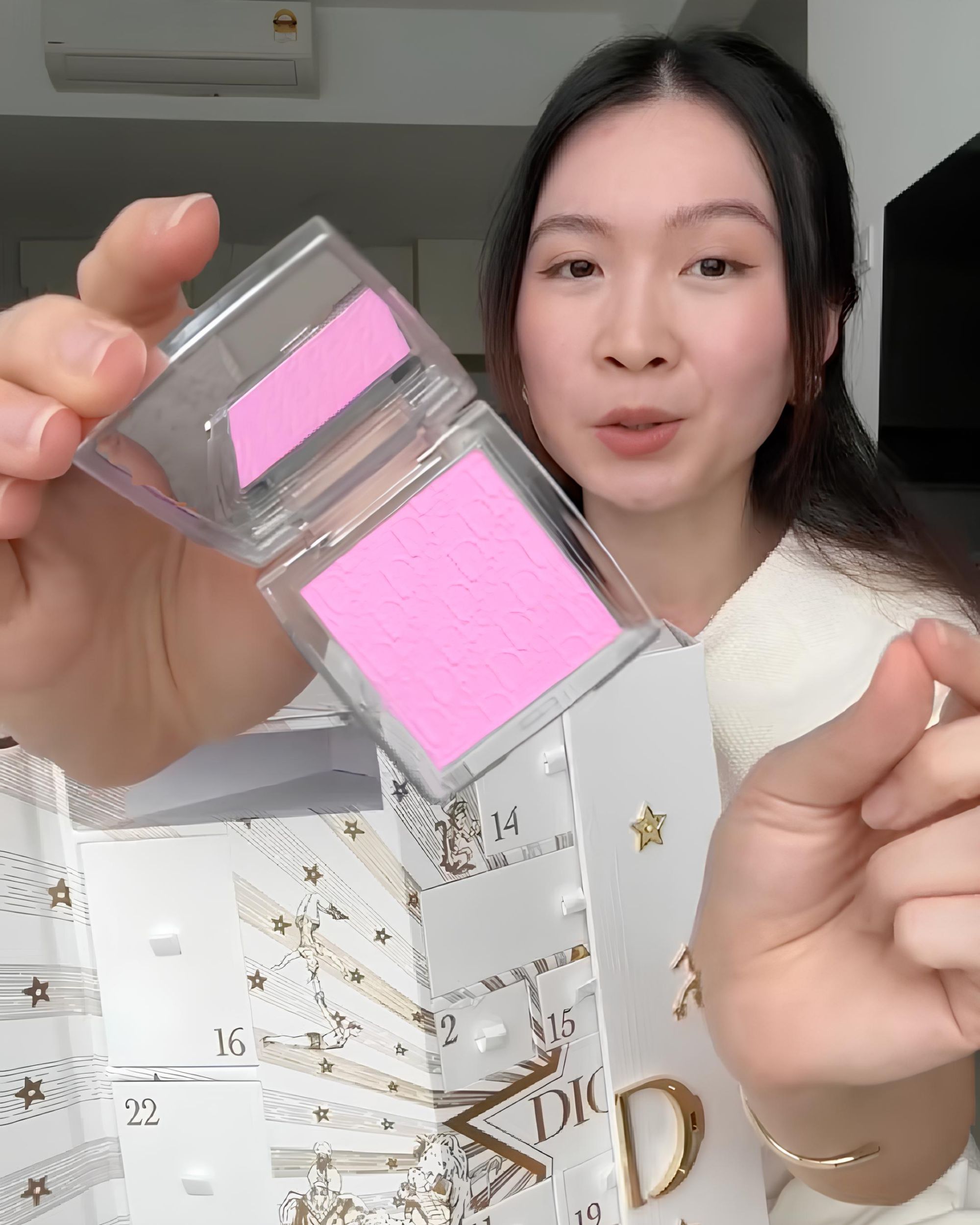
When Bernard Arnault tried to buy Hermès How one of the richest families in Europe barred the way to LVMH
Today, we are used to a very stable world of luxury, where major brands belong to large groups in a more or less definitive manner, and even large acquisitions, like Kering's partial acquisition of Valentino, occur gradually. But it hasn't always been like this. In the first decade of the 2000s, when the fortunes of the major groups were being built, it was still conceivable for a large group to acquire a historically independent brand like Hermès. It was certainly conceivable for Bernard Arnault, who, in October 2010, unexpectedly called Bertrand Puech, patriarch of the Hermès family, and Patrick Thomas, the brand's CEO, who at that moment was cycling in the Auvergne countryside. At that time, Arnault was known for his aggressive acquisitions, earning him the nickname "wolf in cashmere," and he did not disappoint on this occasion either. Arnault informed both Puech and Thomas that LVMH had secretly acquired a 14.2% stake in Hermès and that he would soon launch a bid to conquer the remaining 73.4%. Even though Arnault presented the operation as an offer of strategic and operational support (after all, he had invested his own money in the brand), Puech and the rest of the Hermès family saw a threat to the family's control over the brand, which, let's remember, has remained independent for almost two centuries. A battle had begun that would only conclude years later.
As WWD reports, at the time, Patrick Thomas expressed all the anger of the great Hermès clan, calling the potential acquisition «revolting». It was not just a matter of family pride but also of corporate philosophy: LVMH's working method was and still is antithetical to the craftsmanship and exclusivity values that Hermès embodies. The heirs of Hermès, representing the fifth and sixth generations of the family, decided to unite and repel the conquest campaign of the richest man in France. In a relatively short time, LVMH had already accumulated about 17% of Hermès shares through a series of complex financial maneuvers, including share swaps and derivatives, so that no one had noticed that the shares were being accumulated by a single entity. By October, LVMH's stake had silently risen to 23%, dangerously close to a majority. Arnault's call to Puech marked the moment when the game was played in the open. It was clear that for Arnault, this acquisition represented the conquest of an important asset (why else justify the effort to keep the acquisitions almost secret?), while for the Hermès family, their very identity was at stake: they had to protect their cultural and family heritage, which involved the preservation of a unique approach to luxury, not oriented towards profitability and market shares – an approach that had already made Hermès an absolute leader in the sector.
In the wake of Arnault's call, the Hermès family mobilized. Within weeks of the initial call, about 50 Hermès descendants gathered to devise a strategy: a holding company was created to consolidate their shares and provide a robust defense mechanism against further takeover attempts. This holding, which eventually controlled about 54.3% of Hermès shares, included a pre-emption right clause which essentially stated that any family member wishing to sell their shares had to first offer them to the holding and, essentially, ask the permission of the entire family. Moreover, the family legally contested LVMH's acquisition methods by filing a complaint with the Autorité des Marchés Financiers (AMF), the French stock market regulator, accusing LVMH of not disclosing its acquisition of shares in compliance with market regulations. According to Bloomberg, the move served as a diversion to put legal and bureaucratic obstacles in LVMH's way and delay further acquisitions. In 2011, Hermès' complaint led to an AMF investigation into the legality of LVMH's methods, opening legal disputes that lasted for years, with LVMH denying any wrongdoing and Hermès seeking evidence of misconduct in Arnault's methods.
While the two giants clashed in court, Hermès modified its company structure to strengthen its internal governance and ensure 100% majority control for the family. Meanwhile, the tones were getting harsher. As WWD reports, when Arnault's stake rose to 20.2% in March 2011, Thomas shocked a crowd of analysts and journalists by comparing the takeover attempt to a rape, and during the same occasion, said that the family, which had 829 million euros in available cash, would not hesitate to acquire other investors' shares to save them from LVMH. Thomas, who was also the first CEO of the company not belonging to any of the three branches of the clan (the Dumas, the Puech, and the Guerrand), added: «Today the family is extremely united. Which does not mean they agree on everything». The public nature of this corporate drama caught the attention of the business world, highlighting the stark contrast between two different management philosophies: on one side, the modern and aggressive approach to market expansion and domination, and on the other, tradition, craftsmanship, and measured growth.
Meanwhile, the legal disputes wore down the challengers. As The Fashion Law explains, during 2012, a formal investigation by the AMF took place. In July of that year, Hermès called LVMH's acquisition «the biggest fraud in French stock market history» and filed a criminal complaint against LVMH, accusing the conglomerate of insider trading, collusion, and price manipulation. LVMH responded with a counterclaim, accusing Hermès of defamation, blackmail, and unfair competition. A month after LVMH's counterclaim, the AMF, which was conducting an investigation independent of the legal battles between Hermès and LVMH, announced that it had found evidence of irregularities in LVMH's acquisition of Hermès shares and requested its sanctions committee to decide on imposing financial penalties. In the spring of 2013, the AMF confirmed the existence of insider trading and price manipulation in LVMH's acquisition of Hermès shares: it emerged that the group had indeed secretly purchased Hermès shares aiming to obtain a controlling stake in the company, despite Bernard Arnault publicly stating at LVMH's general assembly in Paris in April 2013: «We found ourselves owning shares of this company unexpectedly. We did not plan to be shareholders of this company. We made a financial investment, and that investment had an unexpected outcome.»
During its own general assembly shortly after, Hermès CEO Patrick Thomas disputed Arnault's claims, saying that either LVMH was so disorganized that they accidentally acquired companies or they were lying. At this point, both LVMH and Hermès filed further lawsuits. Hermès sought the annulment of the equity swaps used by LVMH to acquire its shares, as well as the cancellation of the financial contracts, demanding that LVMH put the shares back on the market, essentially invalidating the original share purchase. LVMH, in turn, sued an unnamed Hermès executive (almost certainly Thomas, according to The Fashion Law) in response to the implied or explicit accusations of misconduct, which would essentially be slander. In July, however, the AMF condemned the «unusual» way in which LVMH had purchased «equity swaps with various banks to avoid disclosure requirements and using foreign subsidiaries not listed as consolidated units until the 2010 annual report». The AMF ordered LVMH to pay 10.4 million dollars in damages, and Thomas was greeted by Hermès' board of directors with applause and cheers. Following the conflict, LVMH declared its intention to appeal, citing a lack of evidence of legal violations, and increased its stake in Hermès from 22.6% to 23.1%. But a turning point had been reached.
After years of battles and increasing regulatory pressures, LVMH announced in September 2013 that it would distribute its 23% stake in Hermès to its shareholders and investors by December 2014, promising in writing not to purchase further Hermès shares for the next five years. Also in 2014, Thomas announced his departure from the brand's presidency, passing the baton to Axel Dumas, a sixth-generation family member, who became the new CEO and one day described the affair as «the battle of my generation». Following the battle, the Hermès family took further measures to avoid any future ambushes. Family ownership was restored to 67% by the end of 2022, eliminating any possibility of other hostile takeovers. But the battle with LVMH left an indelible mark on Hermès, as it reinforced the importance of family unity and their commitment to the brand's core values, pushing members of the vast clan (now over a hundred members) to think more strategically, unifying their family offices and investment vehicles into a single entity, Krefeld Invest.
























































